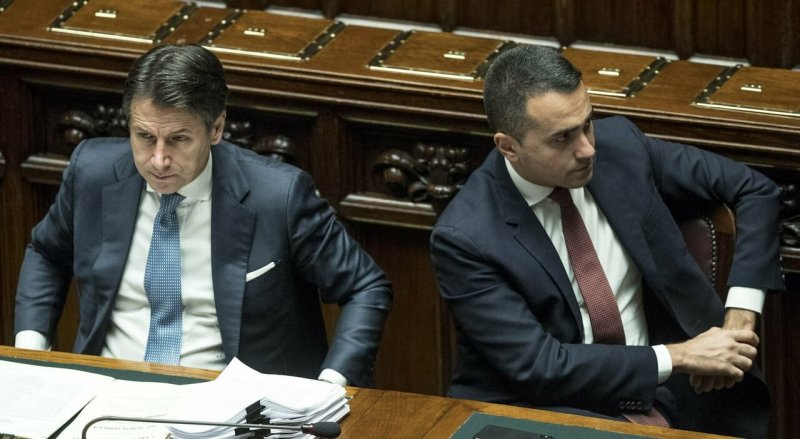The Rise of the Right-Wing Star with the Decline of the Five Star Movement
With the calming of the situation after the World Wars, the first steps were taken towards establishing a pluralistic and democratic government, and the Italian Constitution was approved in 1947. During this period, two parties, the Christian Democrats and the Communists, emerged on the political scene of this country. Over time, due to the unique political culture of this country, the number of parties increased significantly.
Some new parties were founded by party leaders following internal disagreements and divisions or by representatives within a party. Within parties, instead of creating a dialogue space to reach a point of consensus to guide the party, different groups insist on their positions, creating a kind of inflexible party spirit.
Another feature of Italy’s domestic politics is the formation of coalitions after elections. For this reason, coalition parties generally have a heterogeneous structure that only brings them together for a short period due to shared political interests, allowing them to benefit from the advantages of power.
A Flawed Political Structure, the Enemy of Government Stability
Political instability in this country, rooted in the political culture of its elites and political parties, along with a bicameral system with equal powers, has faced political reforms with many obstacles and difficulties. Any government bill that is put to a vote in the House of Representatives must be approved again by the Senate, and any changes in the Senate require re-approval by the House of Representatives.
This structure limits the freedom of action for governments to implement programs and makes the approval and ratification of government bills time-consuming. All these factors lead to instability and inefficiency of governments. Undoubtedly, in such an environment, populist parties and movements have a good chance of entering the realm of power. In this context, we witnessed the formation of the Five Star Movement over the past decade.
An Italian Comedian and the Ambition for Political Engagement
In 2009, the famous comedian and political activist Beppe Grillo, along with web entrepreneur Gianroberto Casaleggio, founded the Five Star Movement. In its early years, this movement managed to secure significant votes in local elections. Likewise, in the 2013 general elections, for the first time in Italy, the Five Star Movement’s candidates were selected online through the direct vote of the movement’s supporters.
The Five Star Party managed to secure the highest vote share, equivalent to 55.25% of the domestic votes and 67.09% of the overseas votes, surpassing the Democratic Party, which gained 42.25% of domestic votes and 9.29% of overseas votes. In the following year, 2014, in the European Parliament elections, the Five Star Movement secured 15.21% of the votes.
The features of this movement include a populist approach, anti-establishment nature, anti-globalization, anti-European Union, and anti-immigration stances, and due to these features, this movement was considered a new right-wing party.
The Rise and Fall of the Five Star Movement in the Political Sky
The 2018 elections were a significant success for the Five Star Movement, and they managed to win the elections, placing them in the position to form a government for the first time. After this success, the party leaders gained governmental and parliamentary positions, and it wasn’t long before the sweet taste of power was so appealing that some members of this party preferred staying in power over remaining faithful to their commitments and electoral promises.
Ultimately, this movement also fell into internal disputes, dividing members into two groups: radical idealists and government supporters. Consequently, a significant portion of the movement’s votes shifted in favor of other traditional parties, and party representatives were absorbed into opposing parties. It is clear that such political behaviors have tarnished the image of the movement’s members and representatives in the eyes of public opinion and their supporters, leading the Five Star Movement into a crisis. Although the COVID-19 pandemic and its resulting damages delayed the collapse of the Five Star-Democratic coalition government, it did not prevent the groundwork for forming a technical government led by Mario Draghi.

